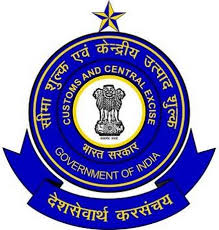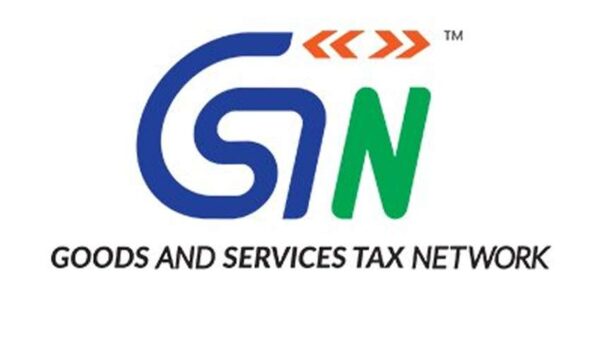The Gujarat High Court has recently issued the notice to the Government on the writ challenging the validity of Sub-rule (4) of the Rule 36 of the CGST Rules which restricts the ITC to a buyer of goods of services on the basis of the details of the outward supply furnished by the supplier of the services of goods or on the basis of the common portal.
The petitioner, Surat Mercantile Association challenged the Rule 36(4) of the CGST Rules and the Gujarat GST Rules on the ground that, the same is violative of Article 14 of the Constitution.
It is pertinent to mention here that as per Rule 36(4) of the CGST Rules and Gujarat GST Rules, 2017 availing of Input tax credit is restricted to be availed by the buyer of goods or services in respect of invoices or debit notes, the details of which have not been uploaded by the suppliers in GSTR-1 return, to 5% of “eligible credit” available in respect of invoices or debit notes the details of which have been uploaded by the suppliers in GSTR-1 return and thus which are reflected in GSTR-2B of the recipient.
In other words, Input tax credit (ITC) can be availed every month to the extent of 105% of eligible credit as reflected in auto drafted ITC statement GSTR-2B of the relevant month ( as generated by 12th of next month) of the recipient subject to maximum of eligible credit for the month as per books.
It may be noted that Rule 36(4) of the CGST Rules, 2017 was introduced from 9.10.2019 with 20% grace limit which was later reduced to 10% from 1.1.2020 and has now been further reduced to 5% from 1.1.2021.
For further details on how to apply further tightened ITC restriction as per Rule 36(4) Click Here.
Now returning back to the instant litigation, the Counsel for the petitioner urged that the Rule in question puts an onerous and impossible burden on the buyer of the goods and service to ensure that the supplier of goods or services does in fact upload the details of the outward supplier on the common portal and if the supplier fails to do so, it has to face the risk of the benefit of the ITC big cap being blocked or is kept in suspension.
The Counsel for Petitioner also argued that the rule 36(4) is arbitrary, irrational and therefore, violative of Article 14 of the Constitution. The learned counsel for the writ applicants has also placed reliance on the few decisions of the Supreme Court.
Considering the arguments of the Petitioner, the division bench of Justice J.B. Pardiwala and Justice Ilesh J. Vora issued the notice to the Government in regard to tenability of Rule 36(4) of the CGST Rules, 2017.
It may be noted that this is not the first time notice has been issued to Government in regard to Rule 36(4) of the CGST Rules, 2017 as earlier Calcutta High Court had also issued such Notice in the writ filed by LGW Industries Ltd.
READ / DOWNLOAD ORDER:
***
Subscribe our portal and get FREE Tax e-books , quality articles and updates on your e-mail.
Resolve your GST queries from national level experts on GST free of cost.
Frah Saeed is a law graduate specializing in the core field of indirect taxes and is the Co-founder of taxwallah.com. She has authored many publications on GST and is into full-time consultancy on GST to big corporates. She as a part of taxwallah.com heads a team comprising of Chartered Accountants and Advocates and plays a key role in our mission to disseminate GST knowledge to all.




